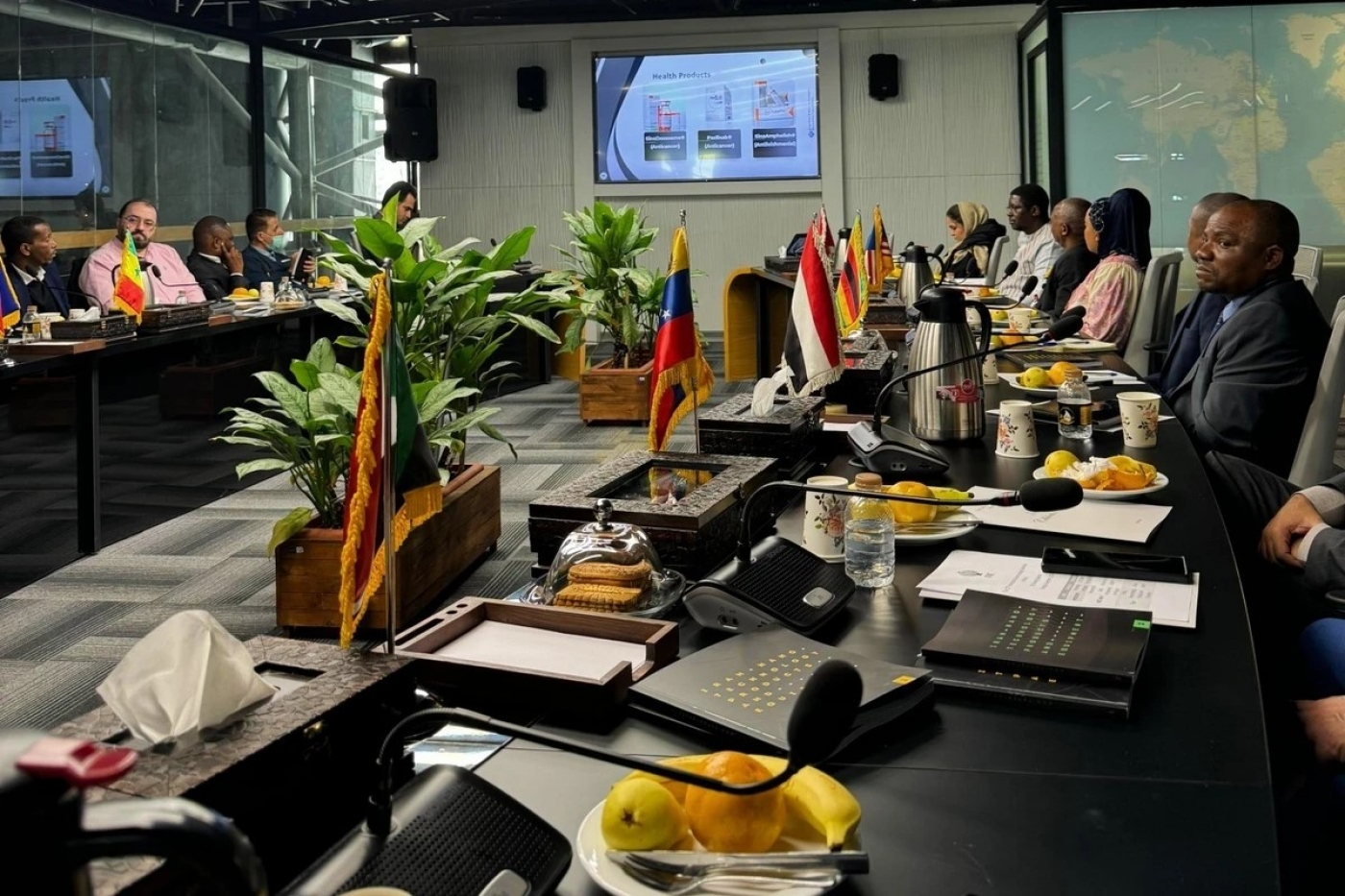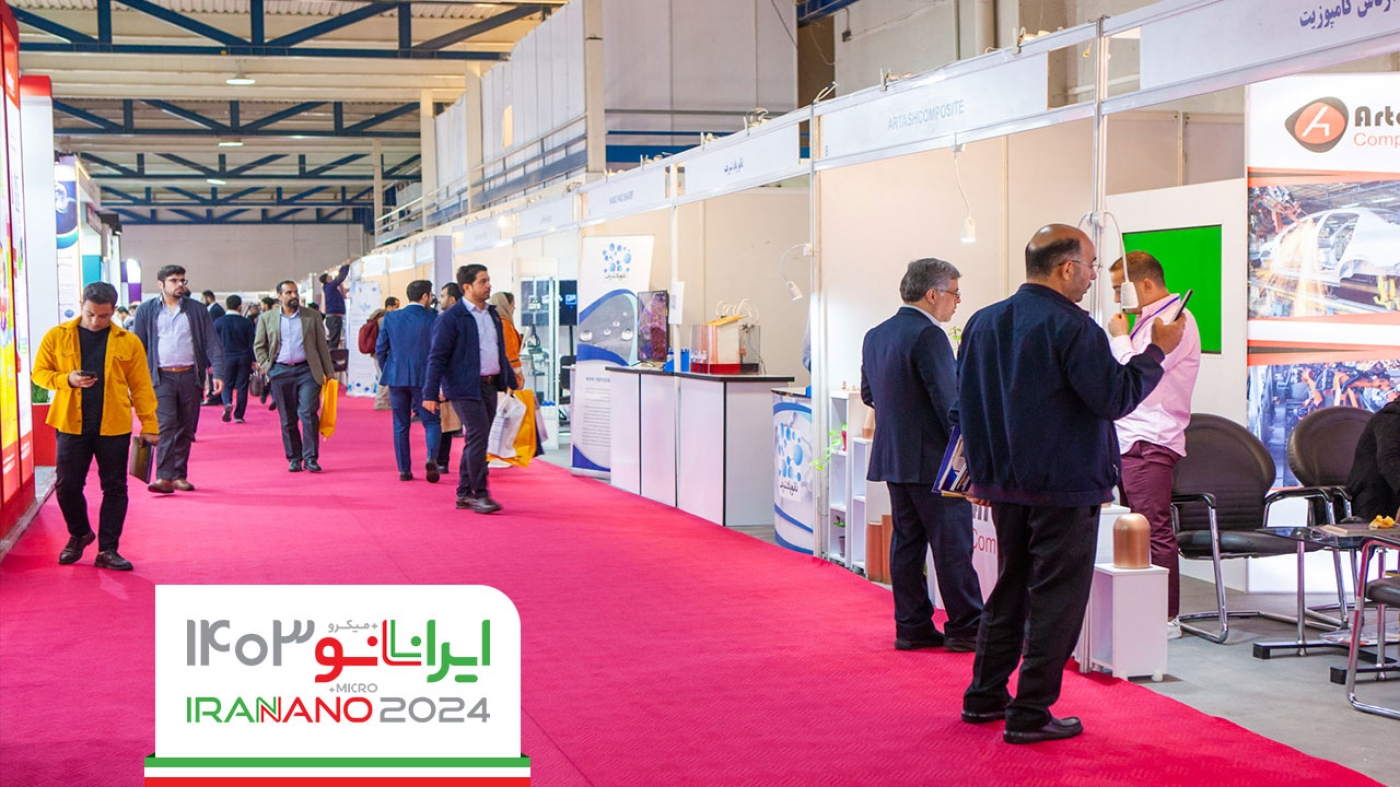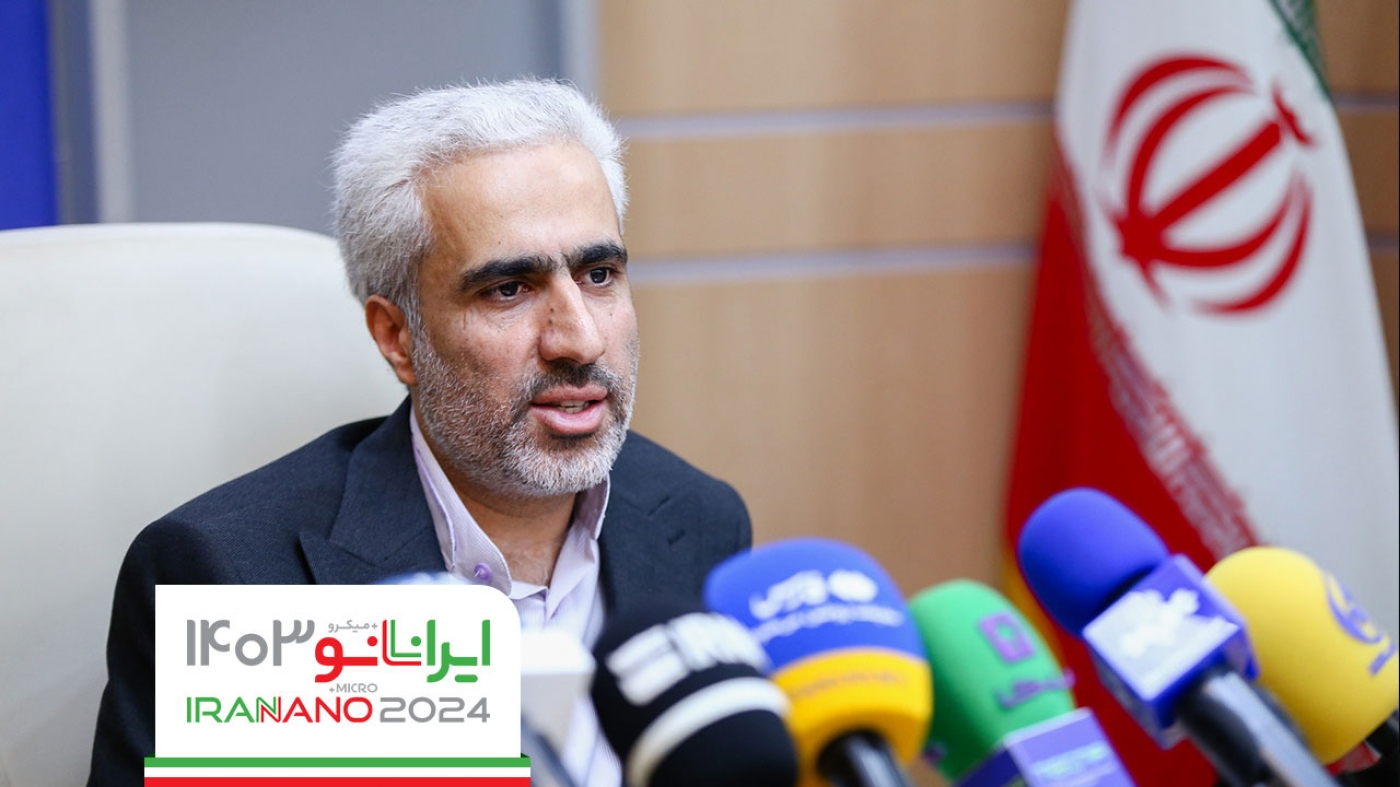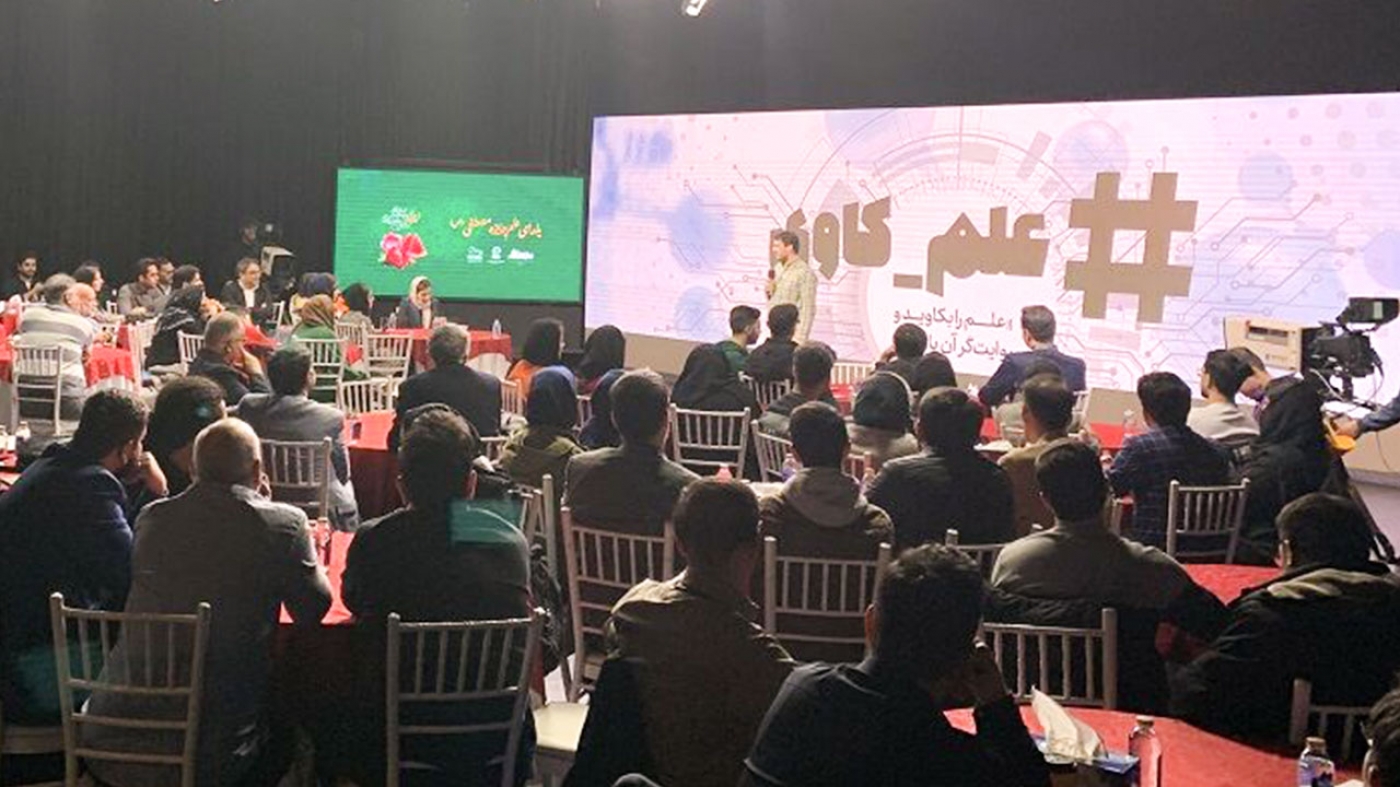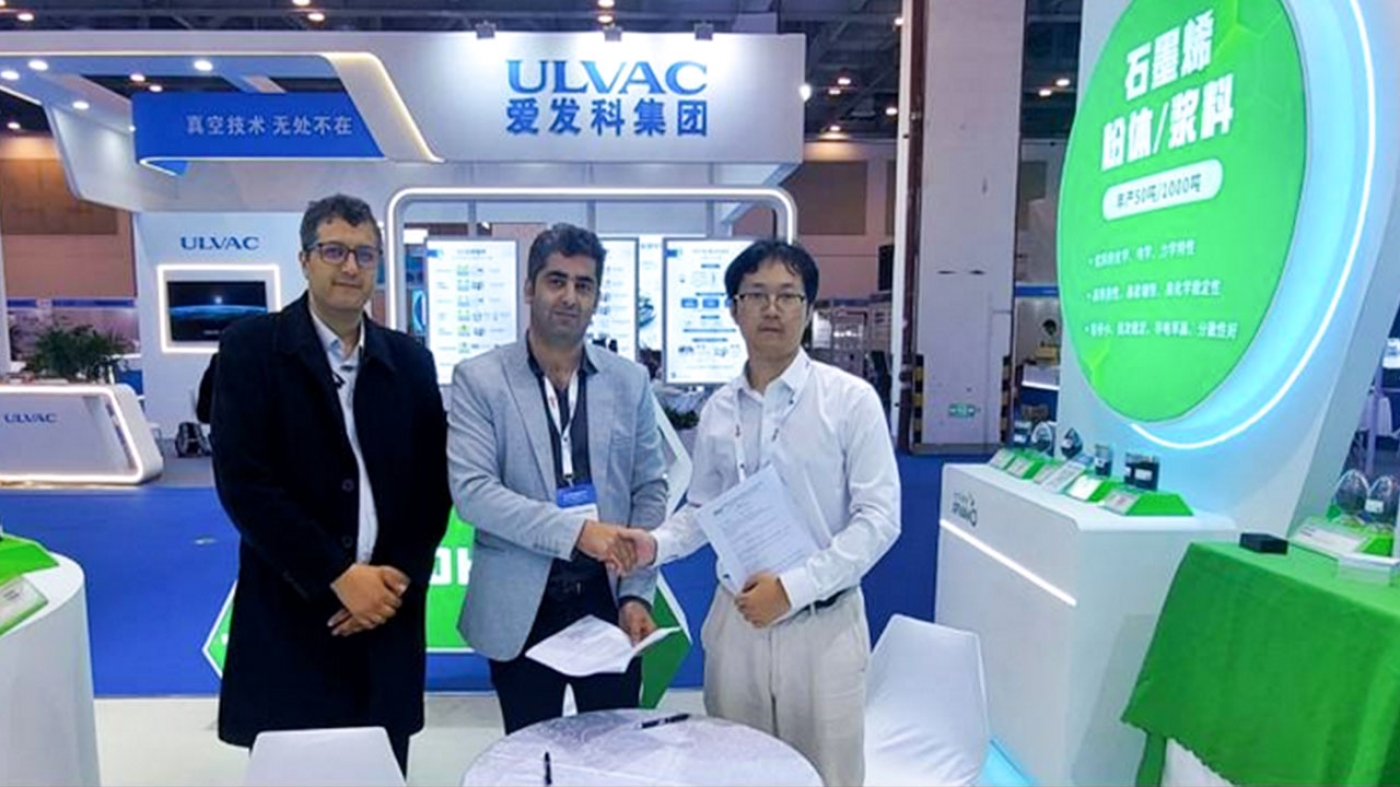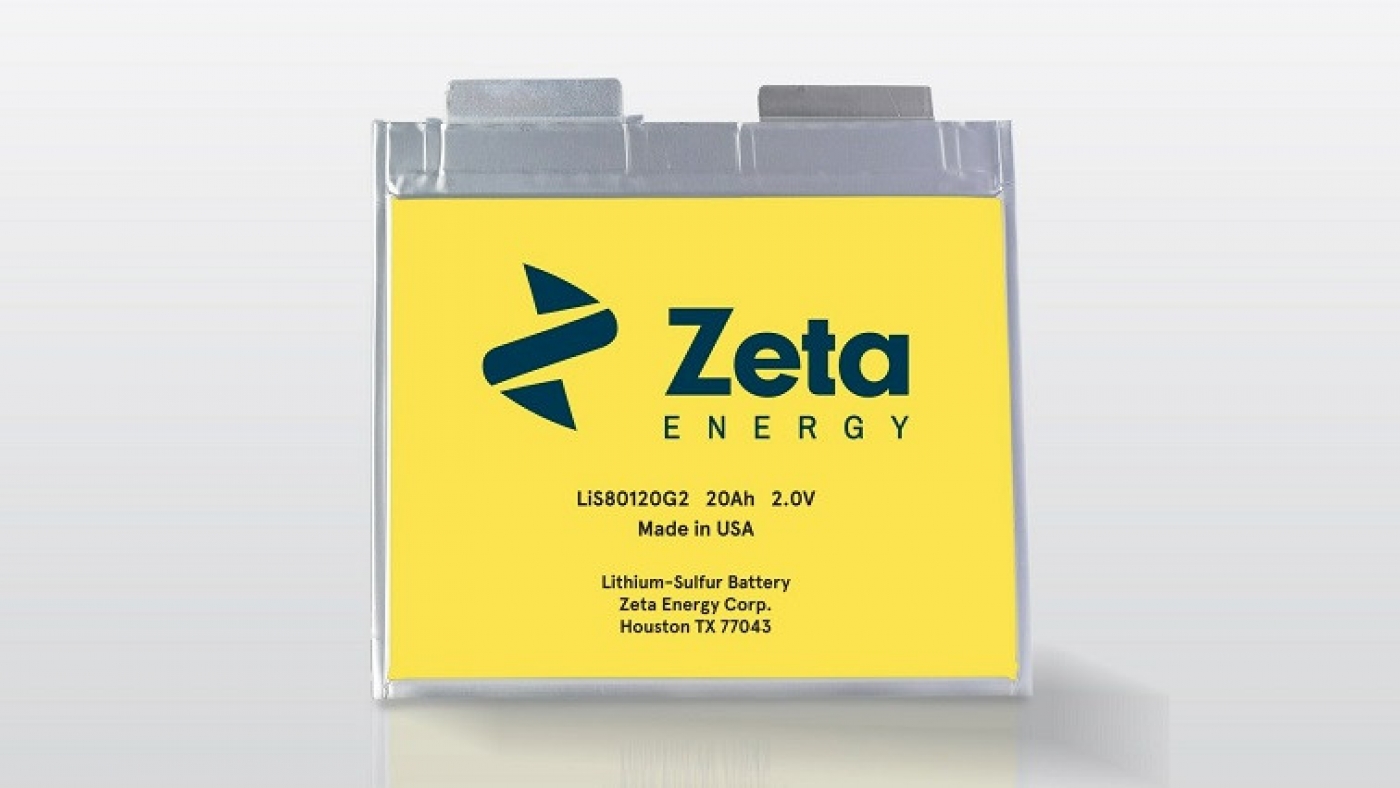
The company also has a clear line of sight to batteries that exceed 450 Wh/kg and 800 Wh/L, which it will produce in its pilot plant that is scheduled to be operational in 2024. These metrics make Zeta Energy the front runner in the race to achieve a lower-cost, high-cycle-life lithium-sulfur battery. It also is the only company to have a complete battery system (anode and cathode) with a wholly domestic supply chain.
As noted by CEO Tom Pilette, "We demonstrated more than three years ago that our technology stops the polysulfide-shuttle effect in lithium-sulfur batteries, opening up the opportunity for batteries that both have extremely high density and are long-lasting. We are seeing incredible progress with our battery development and expect to have batteries that achieve over one thousand cycles with greater than 450 Wh/kg, at a cost of under $60/kWh, commercially available in 2025."
In the last year, Zeta Energy's efforts have been focused on scaling up materials manufacturing and refining their production processes. The company introduced a dry process for electrode coating, and the ability to grow vertically aligned carbon nanotubes on both sides of a current collector simultaneously.
